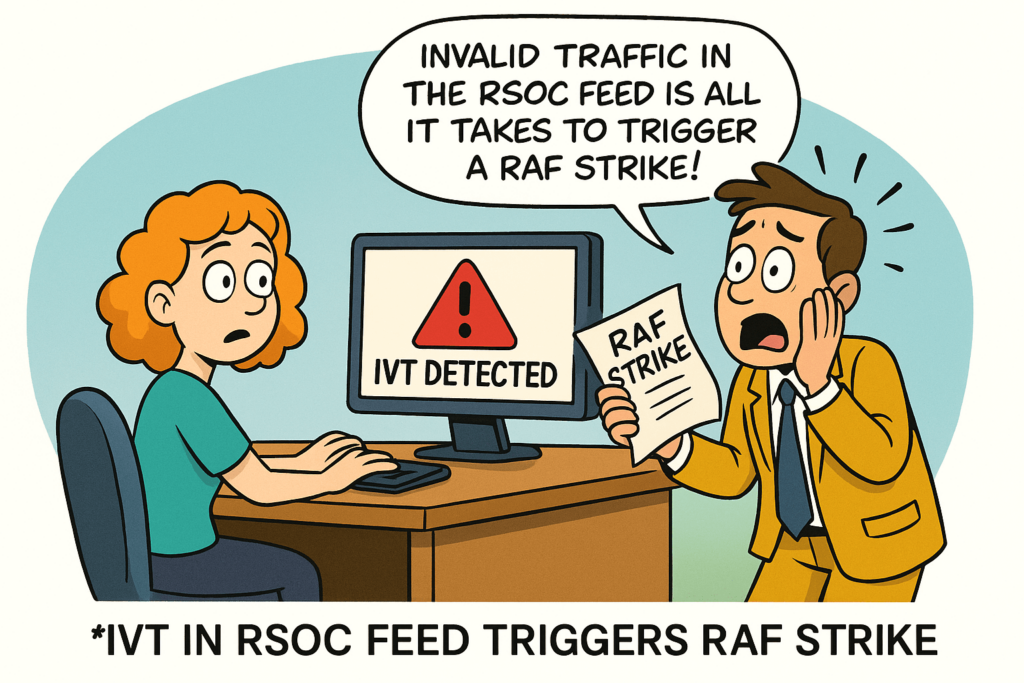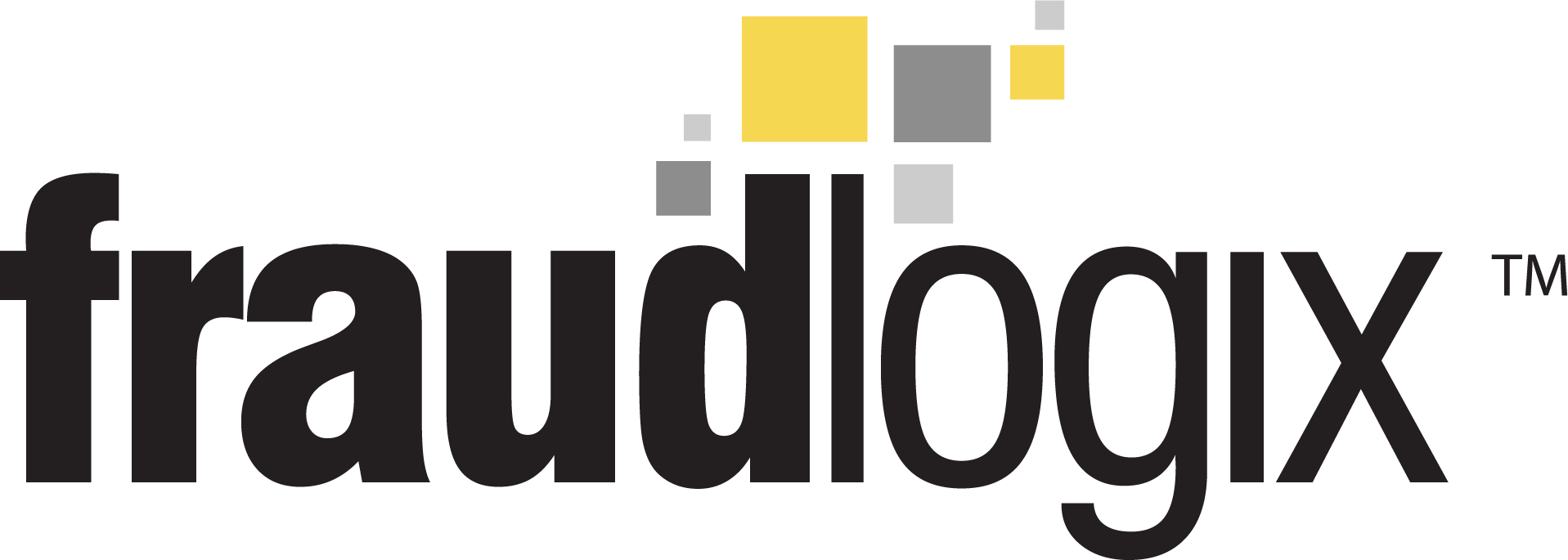
By Hagai Shechter, CEO, Fraudlogix | Fraud Detection Expert
With Google RSOC units playing a larger role in search monetization, understanding the RAF Strike system is essential to protecting revenue and maintaining account privileges. As of August 25, 2025, the Restricted Access Features policy raises the stakes for RSOC compliance.
What Are RSOC Units and RAF Features
RSOC (Related Search on Content) units monetize search intent within your on-page content. When implemented correctly, RSOC can increase engagement, relevance, and revenue.
Restricted Access Features (RAFs) control advanced AdSense for Search capabilities such as advanced Related Search configuration, click tracking, and extended reporting. Access is by invitation for publishers in good standing.
For complete details, see Google’s official RAF policy and the overview of Related search for content (RSOC).
The Three-Strike System
Google has implemented a clear three-strike enforcement model affecting RAF access:
- First Strike — Probation (90 days): Publisher retains RAF access but enters a warning phase. Accumulating five minor violations or one major violation can trigger the strike.
- Second Strike — Restricted (90 days): Publisher loses RAF access entirely; no customization, reporting, or multiple ad units per page.
- Third Strike — Revoked (Permanent): RAF access is permanently removed and cannot be regained.
Strikes are tracked on a rolling two-year window. If no further violations occur, previous strikes expire two years after the most recent one. Learn more in Google’s RAF strike enforcement guidelines.
How IVT in RSOC Feeds Leads to RAF Strikes
Invalid Traffic (IVT) includes bots, proxy clicks, suspicious rerouting, and coordinated click farms. Even with clean code, abnormal activity around RSOC units can be flagged as a policy violation and trigger a RAF strike.
- CTR anomalies: sudden spikes on RS units
- IP/ASN clusters: concentrated clicks from the same ranges
- Dwell-time extremes: very short or very long sessions inconsistent with normal engagement
Practical Steps to Avoid RSOC Policy Violations
- Monitor traffic quality. Use behavioral analytics and IP-level filtering to block risk before RSOC units render.
- Leverage real-time blocklists. Shared intelligence and pixel-based blocklists help identify repeat offenders across the ecosystem.
- Audit anomalies. Review CTR surges, referrers, geo/ASN shifts, and device patterns in RSOC reporting.
- Maintain clean UX. Avoid hidden overlays or elements that inflate clicks; ensure ads are clearly labeled and visible.
Summary of Google RAF Strike Penalties
| Policy Action | Outcome |
|---|---|
| 1st Strike | Probation (RAFs remain active for 90 days) |
| 2nd Strike | Restricted (RAFs disabled for 90 days) |
| 3rd Strike | Revoked (RAFs removed permanently) |
| No violations for 2 years | Strike count resets except for Revoked status |
FAQs
What is RSOC in Google AdSense
RSOC stands for Related Search on Content. It monetizes search intent within page content and can boost engagement and revenue.
What triggers a RAF Strike
Policy violations such as invalid traffic in RSOC units or manipulative click practices can trigger RAF strikes.
Can a RAF Strike be appealed
You can appeal the underlying policy violation but not the strike itself. Keep accurate logs to support any appeal.
How can I prevent RSOC violations
Monitor traffic quality, block high-risk IPs in real time, audit anomalies like CTR spikes and IP clusters, and follow AdSense policy guidance for RSOC.
What happens after three RAF Strikes
You permanently lose access to Restricted Access Features. Strike one leads to probation, strike two disables RAFs for 90 days, and strike three revokes RAFs.
Ready to protect your RSOC units
Implement our IP Blocklist on your server or edge to prevent invalid traffic in RSOC feeds, or contact our team to discuss a customized integration.
 About the Author
About the Author
Hagai Shechter is the CEO of Fraudlogix and a recognized fraud detection expert with 20+ years in digital advertising. He helps publishers and platforms prevent invalid traffic and maintain policy compliance. Connect with Hagai on LinkedIn.



